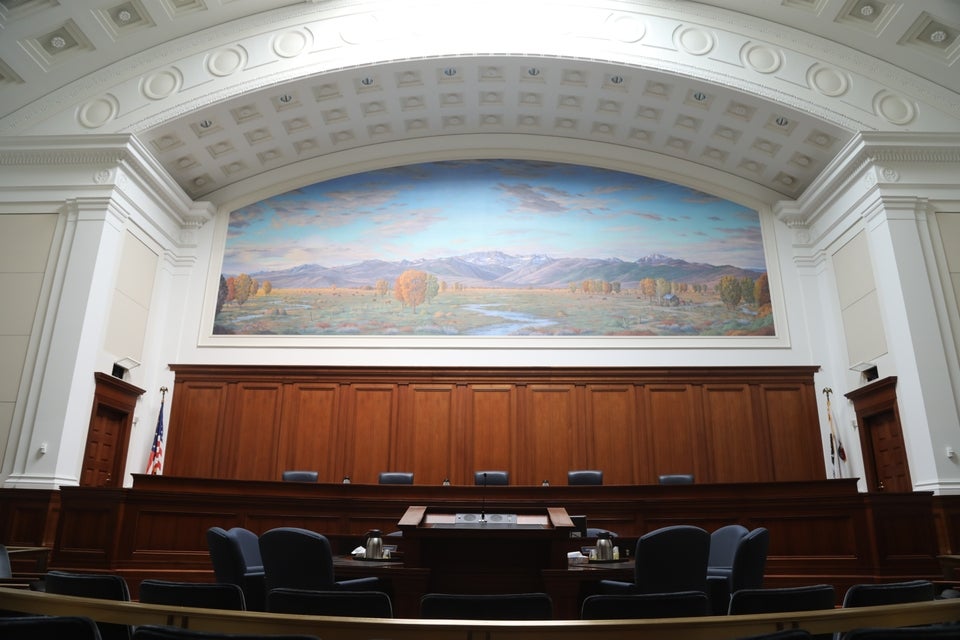Supreme Court of California
- Justices: 1 Chief Justice, 6 Associate Justices
- Filings: 5,490 in fiscal year 2022-23
- 56 written opinions in fiscal year 2022-23
- More data points in the Court Statistics Report
The Supreme Court of California is the state's highest court. Its decisions are binding on all other California state courts. The court can conduct oral argument sessions via webcast or in person in San Francisco, Los Angeles, and Sacramento; it may also hold special sessions elsewhere.
Visitors' Guide to the Supreme Court of California![]() A brochure describing how a case progresses through the court, and introduces the court's jurisdiction, justices, and location.
A brochure describing how a case progresses through the court, and introduces the court's jurisdiction, justices, and location.
For a history of our justices, download The Supreme Court of California![]() booklet.
booklet.
Membership, Qualifications
One Chief Justice and six associate justices are appointed by the Governor and confirmed by the Commission on Judicial Appointments. The appointments are confirmed by the public at the next general election; justices also come before voters at the end of their 12-year terms.
To be considered for appointment, a person must be an attorney admitted to practice in California or have served as a judge of a court of record in this state for 10 years immediately preceding appointment (Cal. Const., art VI, § 10).
Original Jurisdiction, Authority
The Supreme Court has original jurisdiction in proceedings for extraordinary relief in the nature of mandamus, certiorari, and prohibition. The court also has original jurisdiction in habeas corpus proceedings (Cal. Const., art. VI, § 10).
The state Constitution gives the Supreme Court the authority to review decisions of the state Courts of Appeal (Cal. Const., art. VI, § 12). This reviewing power enables the Supreme Court to decide important legal questions and to maintain uniformity in the law. The court selects specific issues for review, or it may decide all the issues in a case (Cal. Const., art. VI, § 12). The Constitution also directs the high court to review all cases in which a judgment of death has been pronounced by the trial court (Cal. Const., art. VI, § 11). Under state law, these cases are automatically appealed directly from the trial court to the Supreme Court (Pen. Code, § 1239(b)).
In addition, the Supreme Court reviews the recommendations of the Commission on Judicial Performance and the State Bar of California concerning the discipline of judges and attorneys for misconduct. The only other matters coming directly to the Supreme Court are appeals from decisions of the Public Utilities Commission.


